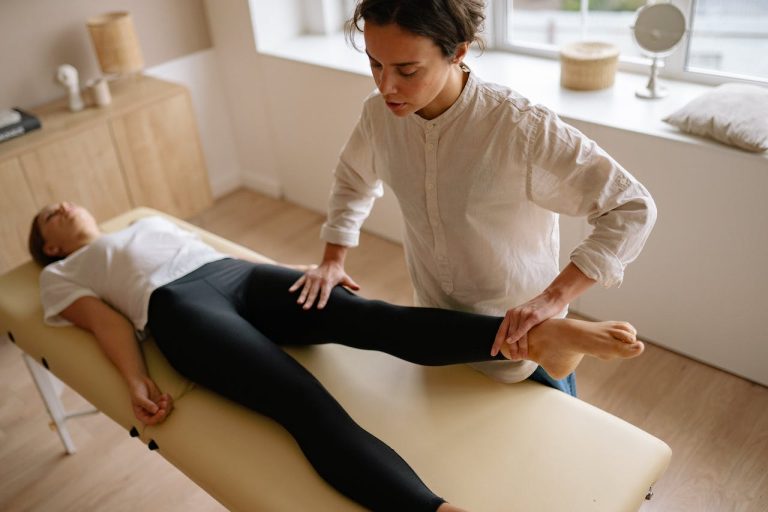People who are dealing with a stressful time in their lives may be looking for ways to deal with that stress. Some may seek out medications, while others may turn to therapies or yoga as ways to deal with stress and maintain well-being during stressful times. There is no right way to deal with the problem, but there are effective ways to do so that can help people deal with them.
A healthy diet is a great way to deal with stressful times. People who are in generally good health and eat a balanced diet have fewer problems with anxiety and depression. This is because healthy diets are good sources of essential vitamins and minerals that promote overall health. During stressful times, it is important to focus on eating healthy and getting all of the nutrients one needs. One way to maintain mindful relaxation is through mindful relaxation techniques.
When a person is stressed, they can become distracted and lose focus of what is important to them. This leads to a variety of other problems including an increase in anxiety, irritability, and depression. To effectively deal with anxiety and stress, people need to be fully aware of what is happening at all times and concentrate on maintaining well-being while avoiding the stressful situations that can increase the amount of stress and anxiety. Meditation and other conscious relaxation techniques are often effective at reducing the level of anxiety and tension.
Cortical deactivation is a mechanism by which the brain relaxes during periods of high stress, without actively affecting its functions. There is a specific region of the brain called the prefrontal cortex that allows people to experience a state of awareness during stress, and during periods of cognitively-stressed states. Because of this, the prefrontal cortex has been linked to the control of emotion and anxiety through a mechanism called cortical inhibition. Therefore, preventing stress-related corticogenic amnesia during stressful times, and maintaining well-being through conscious relaxation, meditation, and the use of other creative coping mechanisms, is possible through the use of this type of deactivation.
Cortical deactivation has also been linked to increased anxiety and depression. This is because it decreases the amount of both stress hormones and serotonin, which are both associated with depression and anxiety. However, the amount of serotonin has been shown to increase during states of chronic increases in stress hormone levels. Because the prefrontal cortex controls emotion and the hypothalamus secrete stress chemicals, people may find that they have difficulty dealing with chronic state of anxiety and in some cases may become depressed or become overwhelmed with stress.
By using various types of conscious relaxation, mediation, and physical exercises, the effects of cortical deactivation can be reduced or eliminated. For instance, mediation is useful for reducing stress through regulating emotional responses to social stimuli. Another important factor is exercise, which has been shown to promote feelings of wellbeing. People who exercise on a regular basis are less likely to develop chronic diseases such as diabetes and coronary artery disease.
The goal of conscious relaxation is to decrease muscle tension and improve blood circulation by focusing on internal breathing. Meditation also helps to relax the mind by relaxing the body and improving concentration and attention. There are many self-hypnosis programs available that help you achieve a state of deep relaxation and centering your thoughts. These are self-induced states of consciousness, and while they do not necessarily require any type of medication, it is always a good idea to speak to a medical professional before trying any self-hypnosis program or treatment. Medications are sometimes necessary if the cause of the problem is a medical condition.
Another great tool for dealing with chronic and/or acute periods of stress and anxiety is music therapy. Listening to classical music can provide relief from the symptoms of chronic anxiety and insomnia. This type of music is known to have a calming effect. Relaxing music can be easily found online and in stores where you can purchase CD’s that offer relaxation techniques such as guided imagery, vocalization, self-hypnosis, and conscious relaxation. Music therapy is a very effective chronic-anxiety treatment for those who wish to combat their symptoms without taking dangerous pharmaceuticals.




